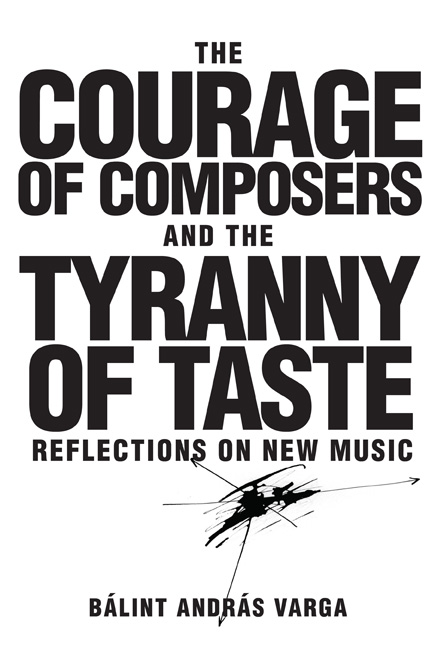1 - Hans Abrahamsen (b. 1952)
Published online by Cambridge University Press: 22 May 2021
Summary
If you listen to Hans Abrahamsen's music, you enter a landscape—strangely familiar, yet oddly different from all other landscapes you have known. You are surrounded by shapes (melodies) you seem to have heard before but they are wholly new; you are aware of colors—timbres—likewise never experienced although somehow reassuringly familiar.
Particularly in his most recent pieces, such as let me tell you for soprano and orchestra, which won him the Grawemeyer Award in 2016 or Left, alone for piano lefthand and orchestra, which premiered in Cologne on January 29, 2016, you hear music that requires no adjective. It is not new, and it is not postmodern, it does not look backward or forward. Hans Abrahamsen has created a world all his own.
I told him as much when we met prior to the concert in his hotel and he seemed to agree—it was in any case something he was striving for.
We had had a fleeting encounter in Copenhagen in the early 1970s; I remembered a fragile young man with shoulder-length hair. That detail helped him date it to before 1974. I also remembered a smiling face and a limp. More than forty years later, the fragility, the smile, and an unembarrassed reference in our conversation to his not fully functioning right arm and leg are still there. Now that we had talked for nearly an hour, I was also struck by his quiet gentleness, his unassuming simplicity, and his utter dedication to his art. Like much of his music, he speaks softly, slowly, and with pauses for reflection.
You cannot but feel fondness and respect for Hans Abrahamsen—and genuine admiration for his music.
Cologne, January 29, 2016
The need for courage in your work appears to be something you take for granted.
- Type
- Chapter
- Information
- The Courage of Composers and the Tyranny of TasteReflections on New Music, pp. 13 - 19Publisher: Boydell & BrewerPrint publication year: 2017

